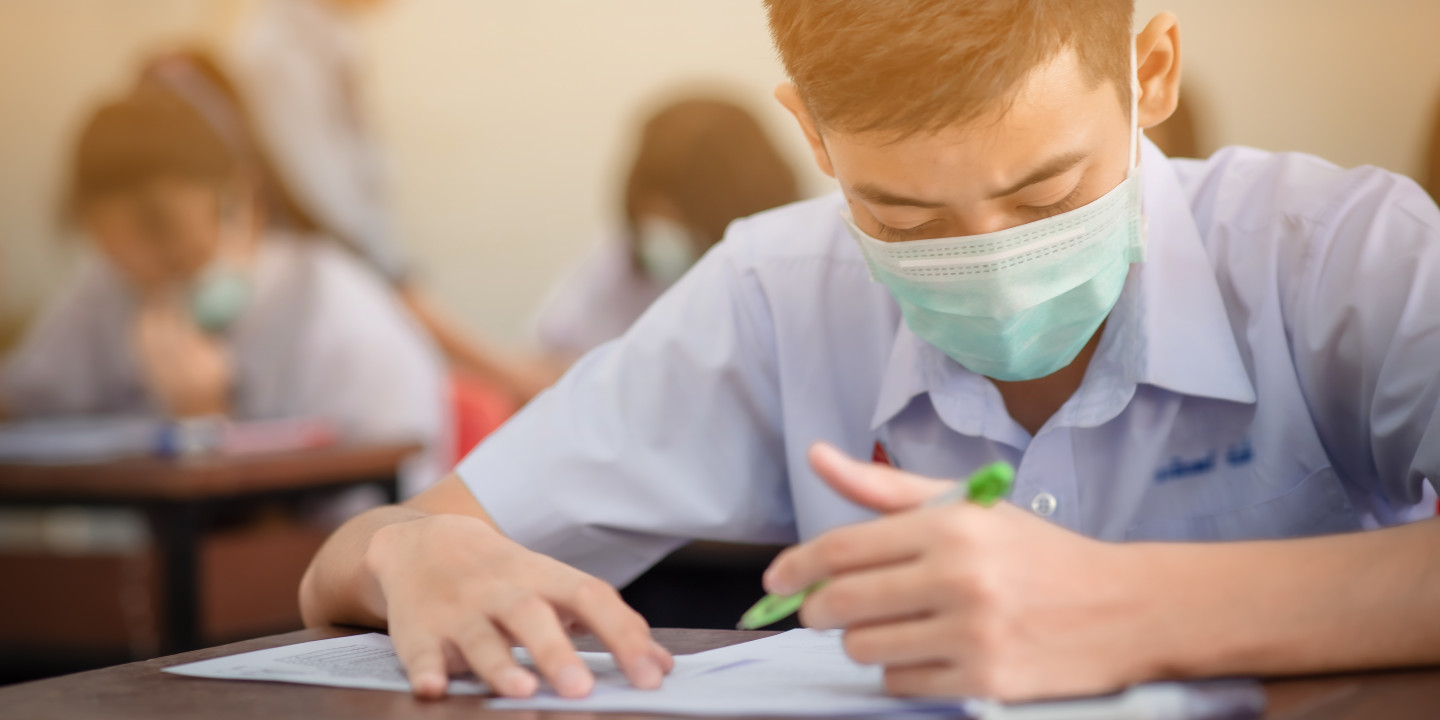
The role of PILNA and SEA-PLM in the policymaking process
Research 17 Aug 2022 5 minute readAs part of the GEM Centre’s ongoing support to enable monitoring of progress towards achieving SDG 4, the role of international large-scale assessments in the education policymaking cycle has been explored in a new global handbook.
To achieve the United Nations Sustainable Development Goal 4 (SDG 4) by 2030, the role of international large-scale assessments in the education policy-making cycle must be better understood. To aid researchers and policy makers, the Global Education Monitoring (GEM) Centre has contributed a chapter for the latest International Handbook of Comparative Large-Scale Studies in Education: Perspectives, Methods and Findings.
The chapter – The role of International Large Scale Assessments (ILSAs) in economically developing countries – builds on prior research and explores key factors that contribute to the uptake of evidence from two current regional assessment programs – the Pacific Islands Literacy and Numeracy Assessment (PILNA) and the Southeast Asia Primary Learning Metrics (SEA-PLM).
These key factors include: integrating the regional assessment programs into the policy-making process; building capacity to improve the technical quality of assessments; and ensuring a robust dissemination strategy of results to relevant stakeholders and the media.
'Understanding the impact of international large-scale assessments on policy making is crucial to their continued sustainability,' says Kashfee Ahmed, lead author of the chapter and GEM Centre Researcher. 'This research helps governments understand what enabling factors are needed to translate data into real change in their education systems.'
The chapter illustrates how each of the teams managing PILNA and SEA-PLM have gone to great lengths to ensure high-level, ministerial buy-in that successfully supports integration of the assessment programs into the policy-making process. This is crucial for the improved assessment of learning outcomes over time.
'It is critical that education systems establish high-quality assessment programs to continuously monitor the learning progress of students,' explains Dr Ursula Schwantner, Head of the GEM Centre. 'This is particularly important given the ongoing COVID-19 pandemic and the concerns of education stakeholders about learning continuity.'
The GEM Centre has contributed to the development of methods that allow alignment with existing assessments, which, in PILNA and SEA-PLM countries, has led to reporting against global minimum proficiency levels in reading and mathematics for the first time. This shows how an understanding of the progress of learners, as well as education systems at the national, regional and global levels, can help address equity in education.
As shown in another GEM Centre report, Building resilient education systems: A rapid review of the education in emergencies literature, international large-scale assessments are an important data source for education policy makers to monitor learning progress at the system level.
As PILNA and SEA-PLM continue to be implemented, a review of the use of evidence from the assessments in policy making, and the real-world impacts that follow, will continue to provide insights into the effectiveness of international large-scale assessments.
About the GEM Centre
The GEM Centre is a long-term, strategic partnership between ACER and the Australian Government’s Department of Foreign Affairs and Trade (DFAT). Our goal through the GEM Centre is to improve learning outcomes for all by ensuring that education policies, practices and investments are influenced by high-quality evidence. Find out more about the GEM Centre. For GEM Centre research enquiries please contact gem@acer.org.